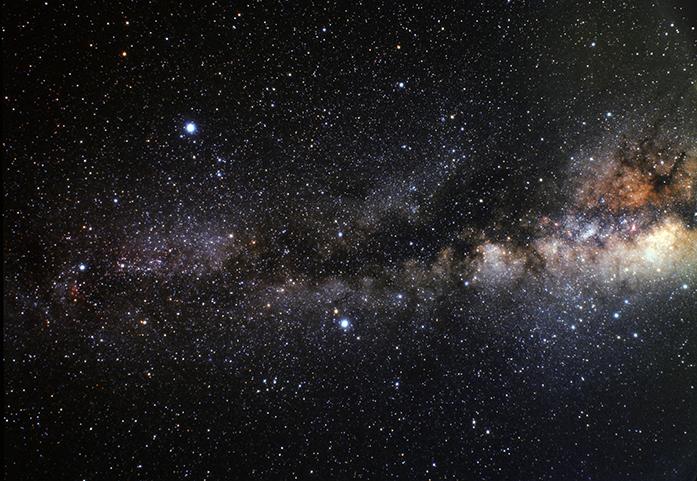A former NASA flight director wants students to reach for the stars.
The Iowa Space Grant Consortium brought a special guest speaker to Iowa City Tuesday morning to discuss opportunities for students and faculty.
The guest was former NASA Flight Director Tomas Gonzalez-Torres, now a lecturer at Iowa State, who talked about his experiences at NASA.
Gonzalez-Torres was named the 82nd Flight Director at NASA in 2011 and served in that position for four years, earning the NASA Outstanding Leadership medal for his performance as head of an International Space Station expedition. He currently works as the assistant director of the Iowa Space Grant Consortium.
He discussed his beginnings at Iowa State, where he did six internships with NASA. His first was as a second-year engineering student. He called internships a win-win for students.
“If you hate the place you end up going, then great,” Gonzalez-Torres said. “Because now you know that’s where you want to be is totally different than what you thought.”
The space consortium has been a part of NASA’s National Space Grant College and Fellowship Program since 1990. According to its website, the consortium means to support Iowa’s future in STEM fields.
It also supports aerospace research, education, and outreach activities for Iowans through different types of internships, fellowships, and scholarships: higher education, research infrastructure, precollege, and informal education.
Since the summer of 2012, the space consortium has funded 43 NASA internship placements with total grant funding at $248,400. Its core institutions are Drake University, ISU, the University of Iowa, and the University of Northern Iowa.
“I think that students and faculty in the audience learned a lot of the opportunities the [consortium] has to offer,” said Cornelia Lang, an associate professor of physics/astronomy at the UI. Lang also works as the campus coordinator for the space consortium.
Among those in attendance was UI undergraduate student Will Fuelberth, who before the presentations showed off his project with Professor Philip Kaaret. The project was worked on by a team of undergraduate students and physics/astronomy staffers, and the goal is to design and build a satellite to help study a halo of hot gas in space.
“Who can turn down, as a freshman, the opportunity to work on an instrument that will be in space in a year and a half?” Fuelberth said.
Fuelberth, who is working toward a career in astrophysics research, said NASA’s funding of the project allowed him to focus on research and not have to worry about other jobs to pay for school or extra monetary burdens.
The presentation also discussed the Iowa State Space Flight Operations Workshop. Trish Bordonero, a graduate student in the Science Education Department, was one of the first educators to be a part of the workshop last summer. She said it changed her teaching philosophy.
“The team-building aspect was really big for me,” Bordonero said. “We don’t really teach building as a class in high school.”
Bordonero said she plans to incorporate the principles of the team-building exercises into how she teaches her students.



